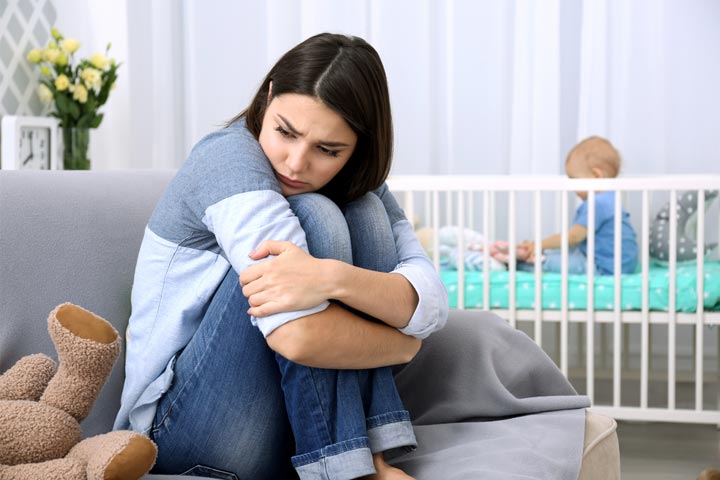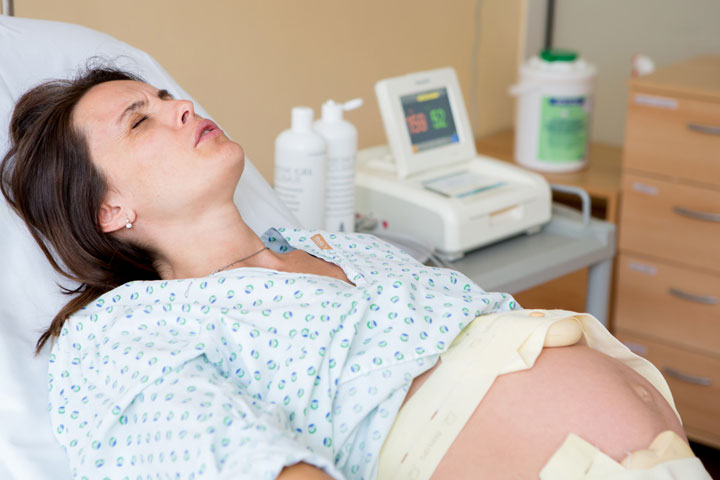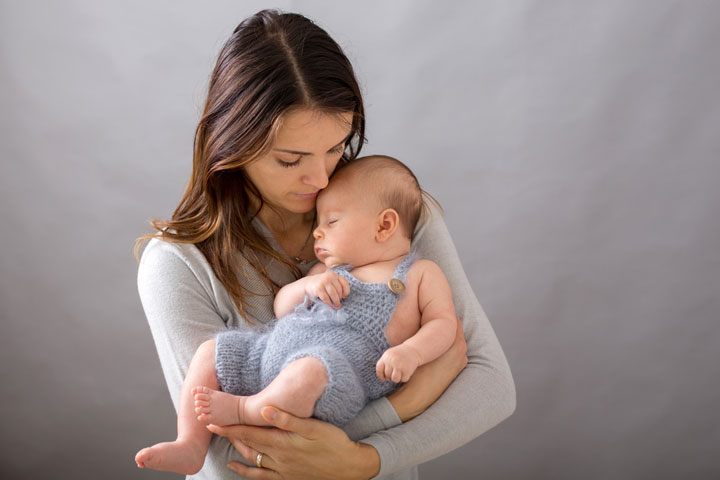
Image: Shutterstock
Childbirth is one of the most complicated experiences a woman can go through. Current practices relating to childbirth are vastly different from that of the past. Today, the facilities are more advanced. Women have the option to choose their preferred way of giving birth unless complications arise.
C-section is a clinical procedure done if natural birth is difficult or dangerous to the health of the mother and the baby. As you may know, childbirth is one of the most painful experiences one can go through. Modern medicine has techniques and tools that may help to ease the pain. We are still in the dark about the extreme consequences of such measures.
A recent study conducted by Columbia University shed some light on the possible correlation between the use of general anesthesia during childbirth, and postpartum depression. The journal Anesthesia and Analgesia published the study recently. It studied cesarean deliveries performed in New York State between 2006 and 2013, retrospectively. As one of the first studies to closely monitor the correlation, the findings are pivotal (1).
It has been concluded that general anesthesia used during cesarean delivery increases the chances of postpartum disorder. The postpartum disorder is a condition, also known as “baby blues” in its early stage, that mothers experience after childbirth. The effects range from mood swings, crying, anxiety, and difficulty in sleeping. In some cases, these episodes may last longer. With the right attention and treatment, these can be controlled and stopped before it gets severe (2).
While not every new mother develop postpartum depression, the study suggests that the women who have been on general anesthesia for C-section during childbirth are more likely to develop it. In such a case, the mother is likely to display suicidal tendencies, self-harm, therefore requiring frequent hospitalization (3). The study also urges to follow up with screening and counseling if the patient has been exposed to general anesthesia.
General anesthesia is used to induce sleep, which prevents women from being able to feel or remember anything from childbirth. It also means that they will not be able to see their baby immediately after birth, nor hold the baby until the anesthesia wears off. This is different from the experience of natural childbirth, where the mother experiences everything, albeit extremely painful.
The authors of the paper do caution that the findings are not conclusive, or that general anesthesia is bad or harmful. Neither does the study prove that general anesthesia causes postpartum depression. The readers are advised against such interpretations. The findings are that out of the 1,158 women from the study who had received general anesthesia, which constitutes 3%, developed severe postpartum depression, and had to seek medical attention. They were more 54% more likely to experience depression and 91% more likely to have tendencies self-inflicted harm, and have suicidal thoughts when compared to those who received regional anesthesia.
There are times when general anesthesia is required, the cases are rare. If you are parent-to-be, make sure that you communicate with your doctor well before to know the risks and consequences. Monitor the baby for their well-being, as well as the mother closely after childbirth, to detect any signs of depression or mood swings in the mother.
Childbirth is one of the most painful experiences in this world. Some women insist on having a natural birth experience, but sometimes, due to unforeseen complications, it is not possible. In such circumstances, doctors generally use anesthesia to ease the pain of labor. The mother does have a say in how their birthing experience is. No matter what, the health of the baby and the mother should be the priority.
If you know someone who is dealing with postpartum depression, provide them the necessary support and don’t hesitate to seek help from a health care professional.















